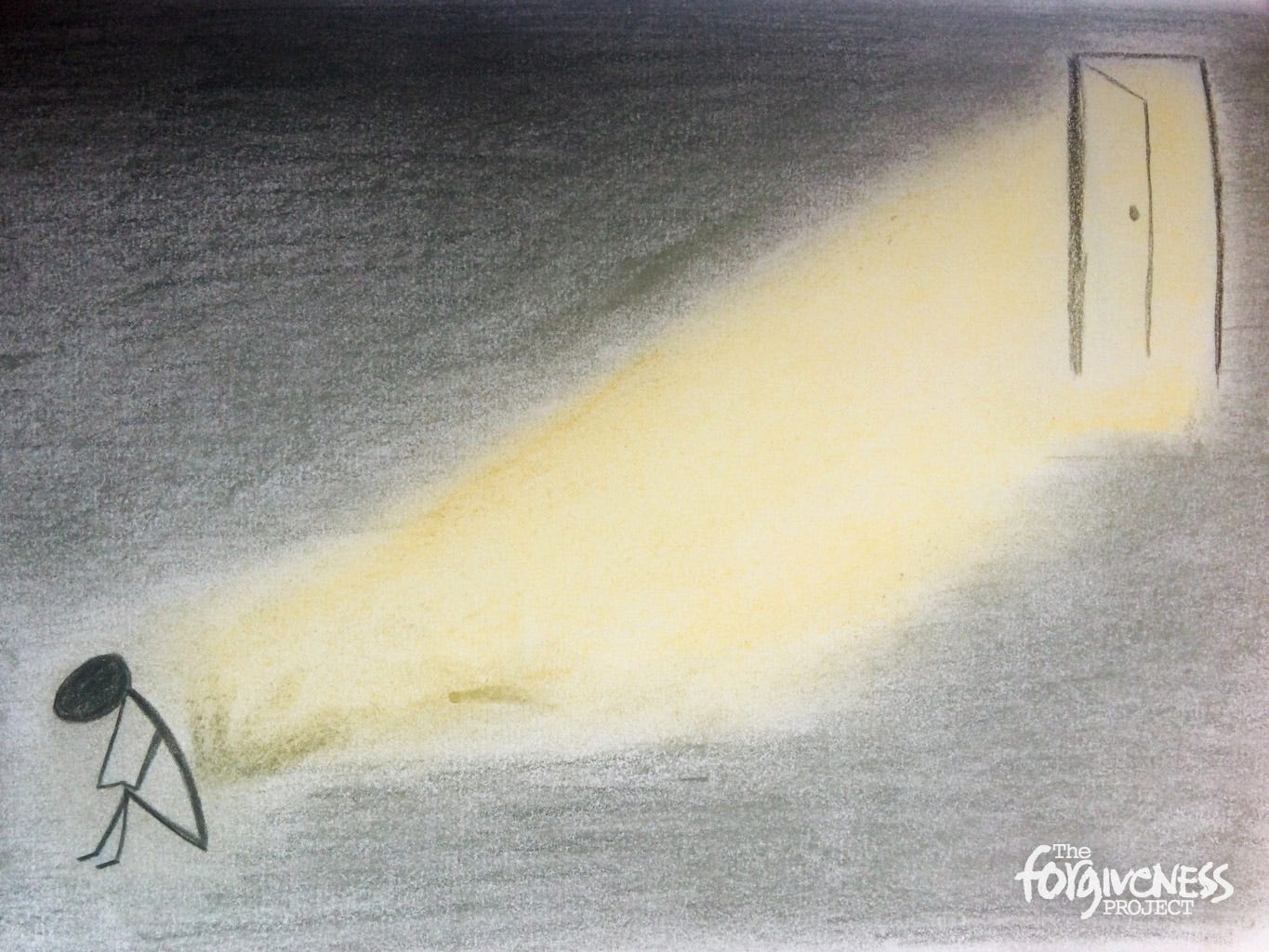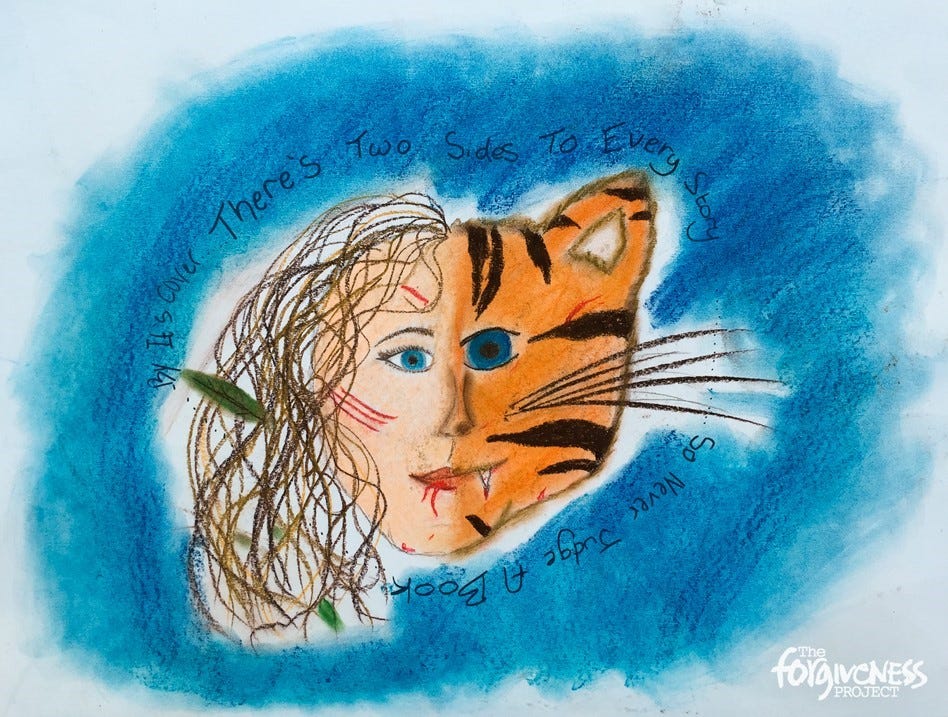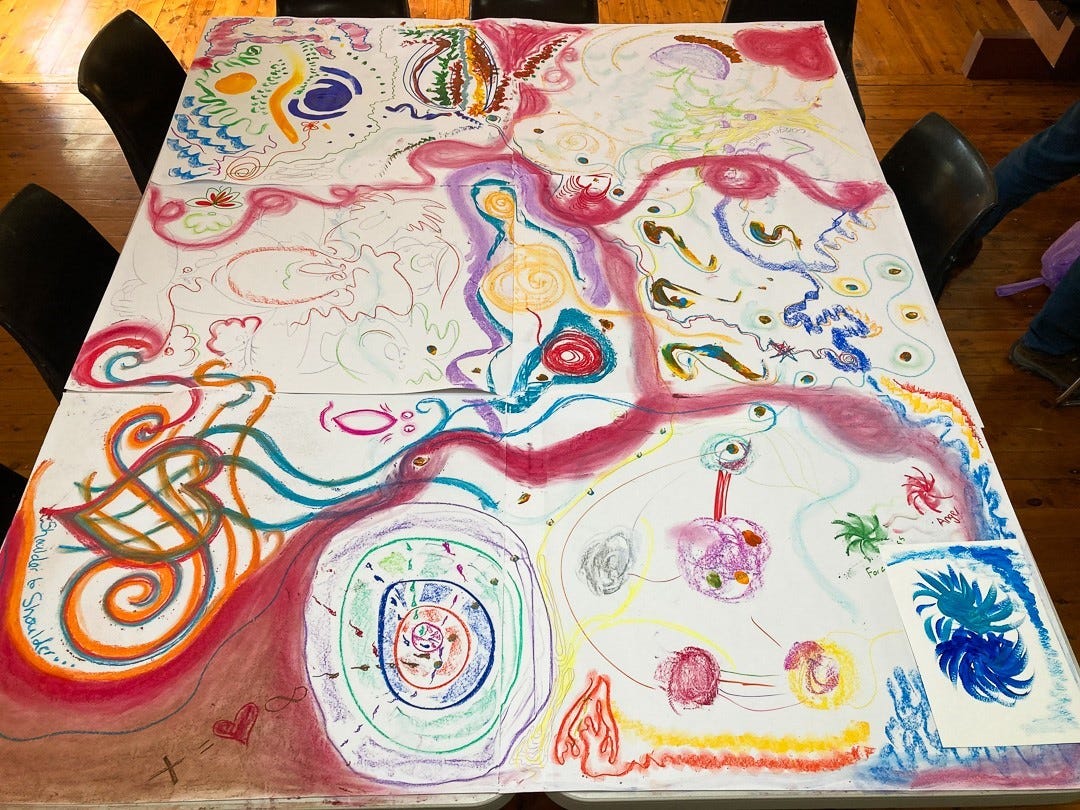In Reflection: The Power of the Creative Arts in the work of The Forgiveness Project
Celebrating 20 years of The Forgiveness Project: Our RESTORE prison programme and the creative arts
Since 2007, our intensive award-winning prison programme RESTORE has played such a pivotal role in our work. It offered us opportunities to explore highly attuned facilitation skills and creative and narrative learning techniques. These have become central to all our facilitated work be that in prisons, communities, and larger public-facing spaces.
Over the years we have delivered numerous programmes within the Criminal Justice System, reaching over 3,300 participants inclusive of 185 prison officers. RESTORE’s impact on participants has been evidenced in our reports, with on average 42% of participants requesting to undergo restorative justice with those they had harmed.
One participant of hundreds shared: “There is really a lot to be said for the support that is generated in this program. It has been life changing for me. I have the power to steer my life in a much more positive direction.” — Participant, HMP Eastwood Park
Beyond the positive feedback that we have received from participants, our prison programme has been recognized across the prison estate. Amy Rogers, former Activities Hub Manager at HMP Eastwood Park said: “[RESTORE] captures the most hard to reach women, engaging them when every other activity [or] intervention has failed. The difference in attitudes and behaviour the programme can initiate is huge – the biggest I have seen from any other intervention.”
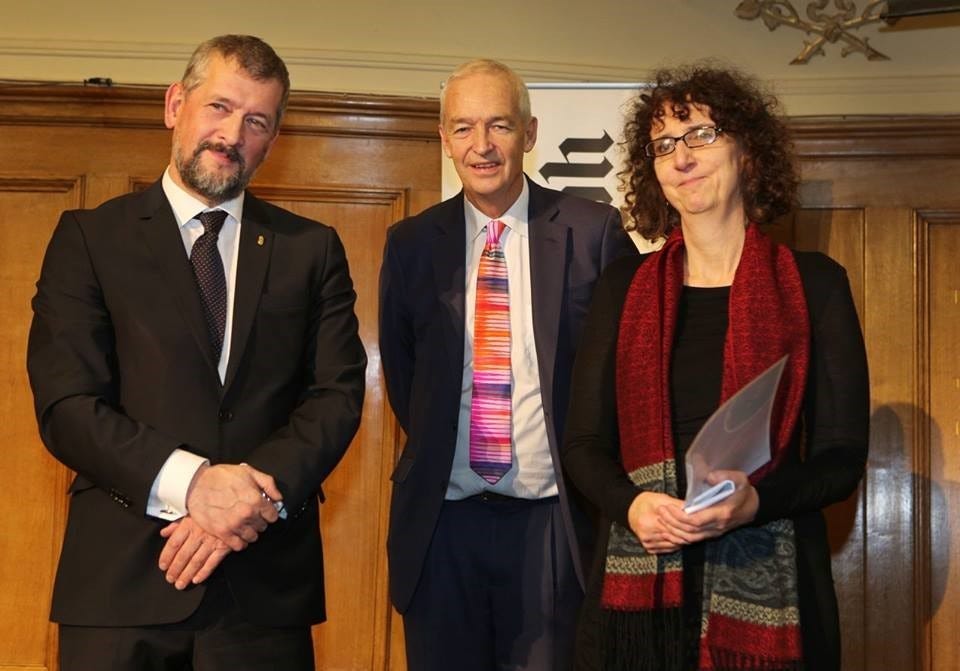
In 2013 we were delighted that RESTORE was awarded Highly Commended by the Robin Corbett Award for Prisoner Rehabilitation and won The Longford Prize in 2014.
Become a supporter
For 20 years, The Forgiveness Project has shared people’s lived experience through written stories, testimonies and podcasts; we have seen how storytelling has the power to transform people’s lives.
Moving forward, we would like to use the power of the creative arts more centrally when collecting and sharing real life stories. This new approach might include innovative art forms such as poetry, music, photography, dance, painting, theatre or film.
Having effectively used the creative arts in our RESTORE prison programme, we know how this can provide people with a new and inclusive language and unlock different and younger audiences to our work.
Please support us in using the creative arts as a catalyst for change by following the button below and giving a one-off donation for the price of one quality cup of coffee, or by giving regularly through our Supporters' Programme.
In reflection: The transformative power of the creative arts in our current and previous work
In this section, our Co-Lead, Sandra Barefoot, reflects on the importance of the arts and how this resonates with her previous work at The Forgiveness Project. Here, she begins with her upcoming trip to Kigali, Rwanda for Listening and Leading: The Art and Science of Peace, Resilience and Transformational Justice, a conference hosted by the Aegis Trust, which she will be attending alongside our Founder and Co-Lead Marina Cantacuzino.
Sandra then goes on to recall how essential and powerful the arts have been throughout her career, reflecting particularly on their place in RESTORE and subsequent projects.
Art illuminates our humanity
“Our time in Rwanda at the Aegis conference coincides with the 30th Anniversary of the Rwandan Genocide and the 10th Anniversary of the Kigali Arts and Music Festival, where Marina and I will be spending time after each of the three conference days. The timing of this feels pivotal to us, as it feels vital to be immersed in creativity and artistic expression which will truly resonate with what we will speak into at the conference.”
Art illuminates our humanity and it’s the place that can transform our sense of being in the world. - Sandra Barefoot, Co-Lead, The Forgiveness Project
Taking a line for a walk
“As I prepare for our presentation in Rwanda, where I will be speaking about the ethics of using the creative arts in sharing restorative narratives, I find myself silently sitting with the images and poetry that the men and women of our RESTORE prison programme had created as expressions of their lives.
I am once again struck by the power of these pieces – the strokes, marks, patterns and shapes that evoke such a visceral response in my body. I remember each person who made these; I remember sitting alongside them, supporting them, instructing them to ‘take a line for a walk’. I also remember my astonishment when they presented these pieces and shared what it meant for them to find new understanding through their creativity.”
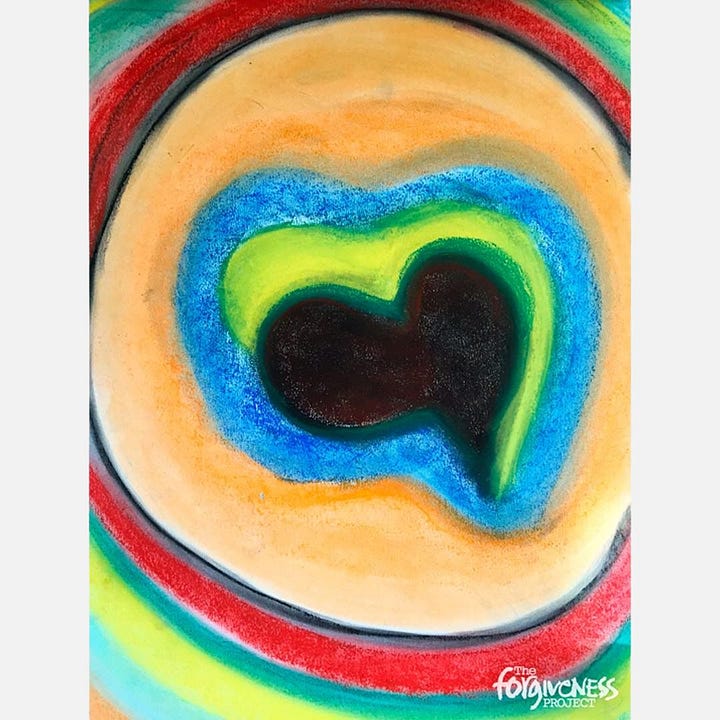

An immersive experience
“In our 20th year, I reflect on over a decade of creative methodologies we embedded with our storytellers in our prison programme RESTORE and how we have been able to honour the men and women’s writings and visual art pieces in public exhibitions.”
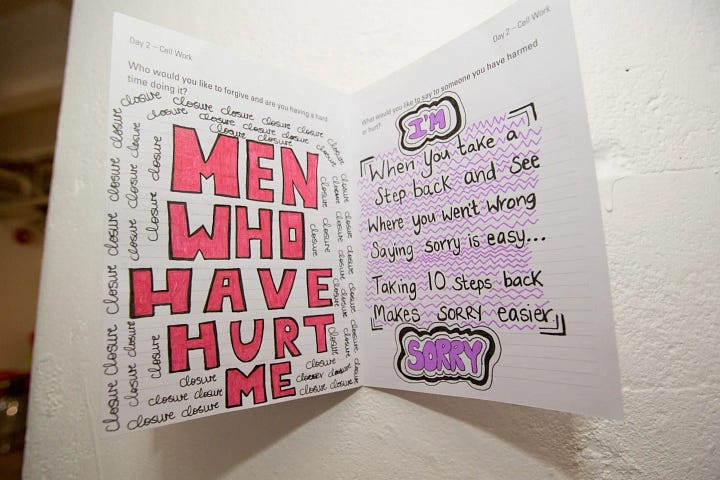

“In 2017, we returned to the Oxo Gallery in London, 13 years after our first ever exhibition. This time we showcased a new version of the F Word alongside an immersive experience using artwork by RESTORE participants.
As Peter Dawson, former Governor of HMP High Down, says of RESTORE: “there is something extraordinary about a course which sets out to ask prisoners to examine the most profound and difficult issues imaginable”, and it was this understanding that we wanted to offer our visitors.
This experience was an invitation to the public to explore the creative approaches used in our work. We ran a series of immersive and interactive group experiences which involved listening to stories, using artistic methods to respond and reflect, sitting in circle processes and pausing in reflective silence. The result was many people did not want to leave the space, and stayed for much longer in the space.”
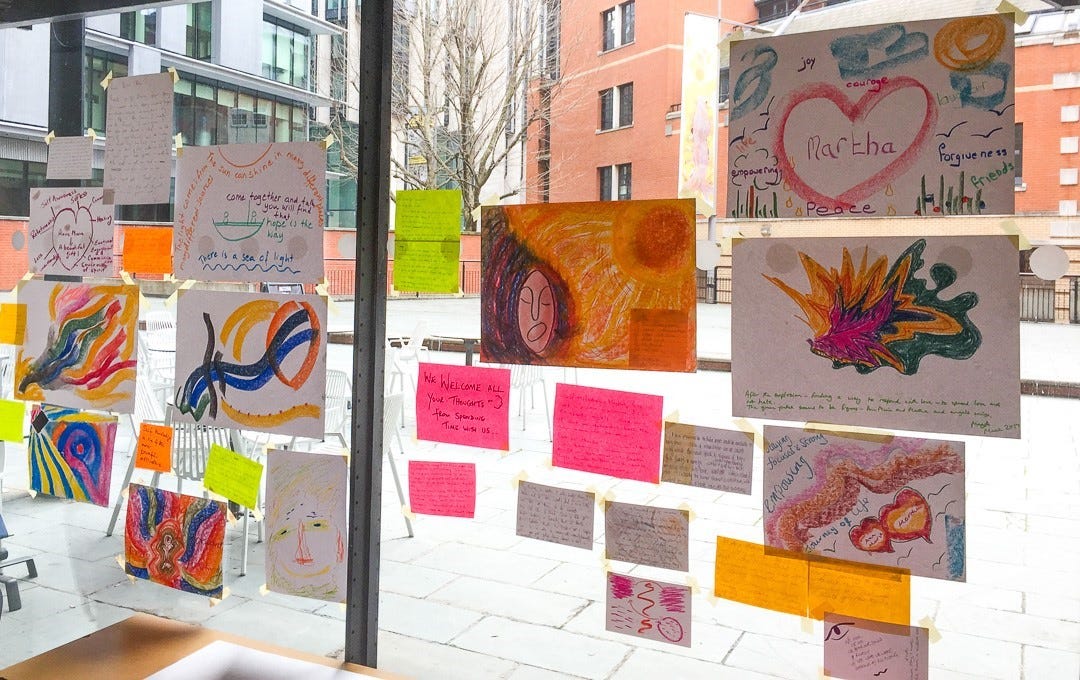
Creative writing groups
“In 2017 our storyteller Marian Partington, alongside facilitator Ruth Chitty and myself, collaborated with poet Angela France at Info Buzz to lead creative writing groups as part of our RESTORE programme follow up.
The women were supported to use poetry to express their internal thoughts, feelings and experiences (which they had seldom ever written into before), from which a collection of extraordinary pieces emerged.
These were published with permission from each of the women into a book titled I am the Horizon, and became a vital resource for the women, their peers and every RESTORE programme that has been delivered since, inclusive of our men’s programmes too.”
I Am I am the waves crashing against the
Rocks. I am the sound of the birds
But I am not free
I am the feel of the sand and the shells.
I am not on drink
I am the nice blue clear water
I am not just a nasty person
I am the horizon.
“This exploration led us to embed creative approaches in all our facilitated group work; it gave us the unequivocal knowledge that the arts are vital, and often the only safe medium, in that they give individuals the freedom and permission to share what they struggle to express in any other way.”
Finding our collective voice through art
“Whilst facilitating our 3-day residential on Conversations with Shame in Australia this year, my colleague Ruth and I decided to use the arts to collectively approach the tricky, messy and often uncomfortable exploration of how our personal shame intersects with societal shame and vice versa.
We laid art materials around a large table and invited each person to sit in silence to begin to map reflections of where they felt this intersection began and how colour and drawings might weave themselves to connect to other people’s pieces.
An extraordinary process of enquiry emerged with questions: ‘How do I stay connected and separate? What gives me the right to step over and into someone else’s piece? If I don’t move and join others, then I am not at one with me.’
It was so powerful to witness and acknowledge all together how this artistic approach enabled people to embody their vulnerabilities and interconnectedness in an immersive and powerful language that was not reliant on anything being spoken.”





